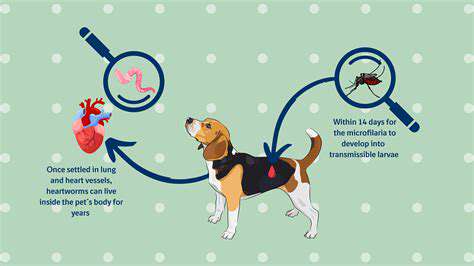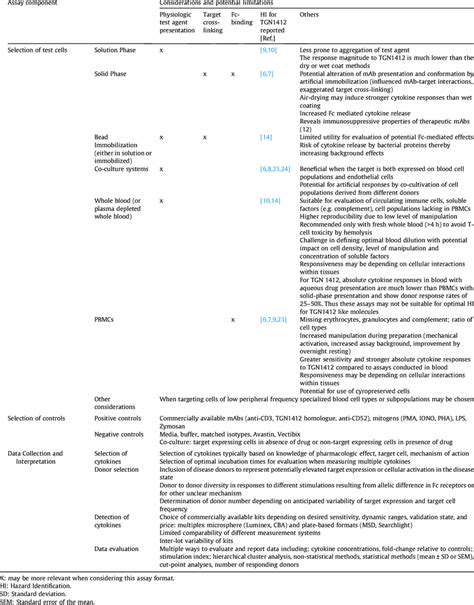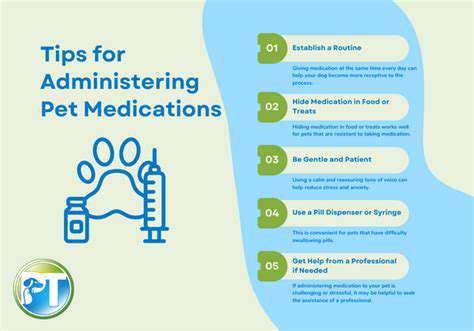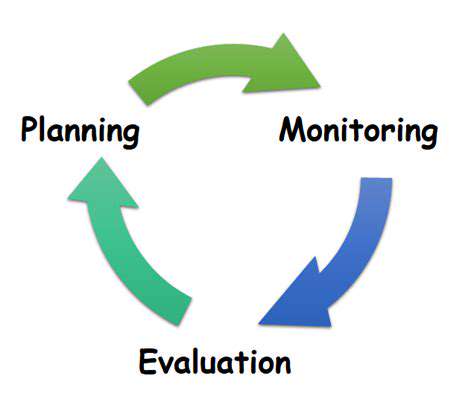Heartworm Disease: Prevention, Diagnosis, and Treatment
Diagnosing Heartworm Disease: Identifying the Threat
Initial Symptoms and Recognition
Heartworm disease, often insidious in its early stages, can manifest with a range of initial symptoms that might be easily dismissed as something less serious. These early signs can include unexplained coughing, mild fatigue, or a slight loss of appetite. It's crucial to remember that these symptoms can be attributed to other conditions, making early detection challenging. A thorough understanding of the disease's progression and potential initial indicators is vital for timely intervention.
Physical Examination and Diagnostic Tests
A comprehensive physical examination by a veterinarian is a fundamental step in diagnosing heartworm disease. This examination will assess the overall health of the pet, including listening to the heart and lungs for any unusual sounds or abnormalities. Further diagnostic testing often involves blood tests to detect the presence of heartworm antigen. These tests are crucial to confirm the presence of the parasite and determine the severity of the infection.
Advanced Diagnostic Imaging
In some cases, especially if initial tests are inconclusive or the infection is suspected to be more advanced, diagnostic imaging techniques like X-rays or ultrasound may be necessary. These imaging methods allow veterinarians to visualize the heart and lungs, looking for potential structural changes or abnormalities indicative of heartworm disease. X-rays can reveal potential fluid accumulation in the lungs, while ultrasound can provide detailed images of the heart and surrounding vessels, helping to assess the overall condition.
Differentiating Heartworm from Other Conditions
Heartworm disease shares some overlapping symptoms with other canine health issues. It's essential to rule out these alternative possibilities through careful physical examination, diagnostic testing, and sometimes specialized imaging. Conditions like kennel cough, bronchitis, or even some forms of heart disease can mimic heartworm symptoms, making a definitive diagnosis crucial for appropriate treatment.
The Role of Blood Tests in Diagnosis
Blood tests are essential tools in diagnosing heartworm disease. These tests look for the presence of heartworm antigen, confirming the presence of the parasite. The tests can also help determine the severity of the infection, providing crucial information for treatment planning and prognosis. Understanding the specifics of these blood tests and their results is critical for both the pet owner and the veterinarian.
Importance of a Detailed History
A detailed history of the pet's health, including any unusual symptoms, recent travel, or exposure to potential vectors, plays a significant role in the diagnostic process. Information about the pet's lifestyle and environment can provide valuable clues for the veterinarian, helping to narrow down potential causes and identify heartworm disease as a possible culprit. This thorough history-taking is often the first step in a comprehensive diagnostic approach.
Considering Environmental Factors and Exposure
Understanding the pet's environment and potential exposure to infected mosquitos is essential for diagnosis and prevention. Pets that spend time outdoors in areas with high mosquito populations have a significantly higher risk of contracting heartworm disease. A thorough understanding of the pet's exposure risks helps veterinarians tailor diagnostic strategies and prevention recommendations accordingly. This environmental assessment is often a crucial aspect of preventative health care.

Managing and Living with Heartworm Disease: Long-Term Care

Understanding Heartworm Disease
Heartworm disease is a serious parasitic infection that affects dogs and other animals. It's caused by parasitic worms that reside in the heart and major blood vessels. This infection can lead to severe complications and even death if left untreated. Early detection and prompt treatment are critical for managing the disease and improving the animal's quality of life.
The disease is prevalent in many parts of the world, particularly in warm, humid climates, where the mosquito, the vector that transmits the infection, thrives. Knowing the risk factors and taking preventative measures can significantly reduce the chances of your pet contracting heartworm disease.
Diagnosing Heartworm Infection
Diagnosis of heartworm infection typically involves a combination of physical examination, blood tests, and potentially imaging techniques like X-rays or ultrasounds. Veterinarians use specific blood tests to detect the presence of heartworm larvae in the bloodstream. These tests are crucial for early detection and to guide treatment decisions. The timing of these tests is important, as the larvae take time to develop in the blood.
A complete blood count (CBC) may also be performed to assess the overall health of the animal. This helps to evaluate the potential impact of the infection on the body's systems. Abnormal findings in the blood can signal the severity of the infection.
Treatment Strategies for Heartworm
Treatment for heartworm disease typically involves a series of medications administered over an extended period. These medications are specifically designed to eliminate the adult heartworms, preventing further complications. The treatment process can be lengthy and complex, depending on the severity of the infection. Veterinarians carefully evaluate the patient's condition and tailor the treatment plan accordingly.
The treatment process often includes supportive care, such as providing fluids and medications to manage any associated symptoms. Careful monitoring is essential throughout the treatment period to ensure the animal's health and well-being.
Living with Heartworm and Preventing Recurrence
Living with heartworm disease requires ongoing veterinary care and lifestyle adjustments. Regular check-ups and follow-up tests are crucial to monitor the effectiveness of treatment and prevent any potential complications. This ongoing monitoring is essential to ensure the treatment has successfully eliminated the infection and prevent future issues.
Preventing recurrence is paramount. Regular preventative measures are vital, especially in areas where heartworm is prevalent. These preventive measures can include monthly medication to prevent the transmission of heartworms from mosquitoes to your pets.
Managing Heartworm-Related Complications
Heartworm disease can lead to a range of complications, including damage to the heart, lungs, and other organs. These complications can manifest as various symptoms, such as coughing, difficulty breathing, or weight loss. Proper management of these complications is crucial to ensure the animal's comfort and well-being.
Veterinary intervention is essential to address these complications effectively. Early diagnosis and treatment of these complications are important to prevent further damage to the animal's health.
Read more about Heartworm Disease: Prevention, Diagnosis, and Treatment
Hot Recommendations
- Customized Sleep Schedules: AI Driven for Sustainable Rest
- Crafting a Personalized Productivity Plan for Mental Clarity
- Sustainable Self Compassion: Cultivating Kindness Towards Your Mind
- Sustainable Productivity Hacks for the Busy Professional
- Sustainable Wellness for Parents: Balancing Family and Self Care
- Data Informed Self Care: Designing Your Personalized Wellness Strategy
- Sustainable Wellness for a Purpose Driven Life
- AI Assisted Mindfulness: Personalized Meditations for Deeper Practice
- Building Inclusive Mental Health Services: Key Initiatives
- AI Powered Self Care: Customizing Your Routine for Maximum Impact











